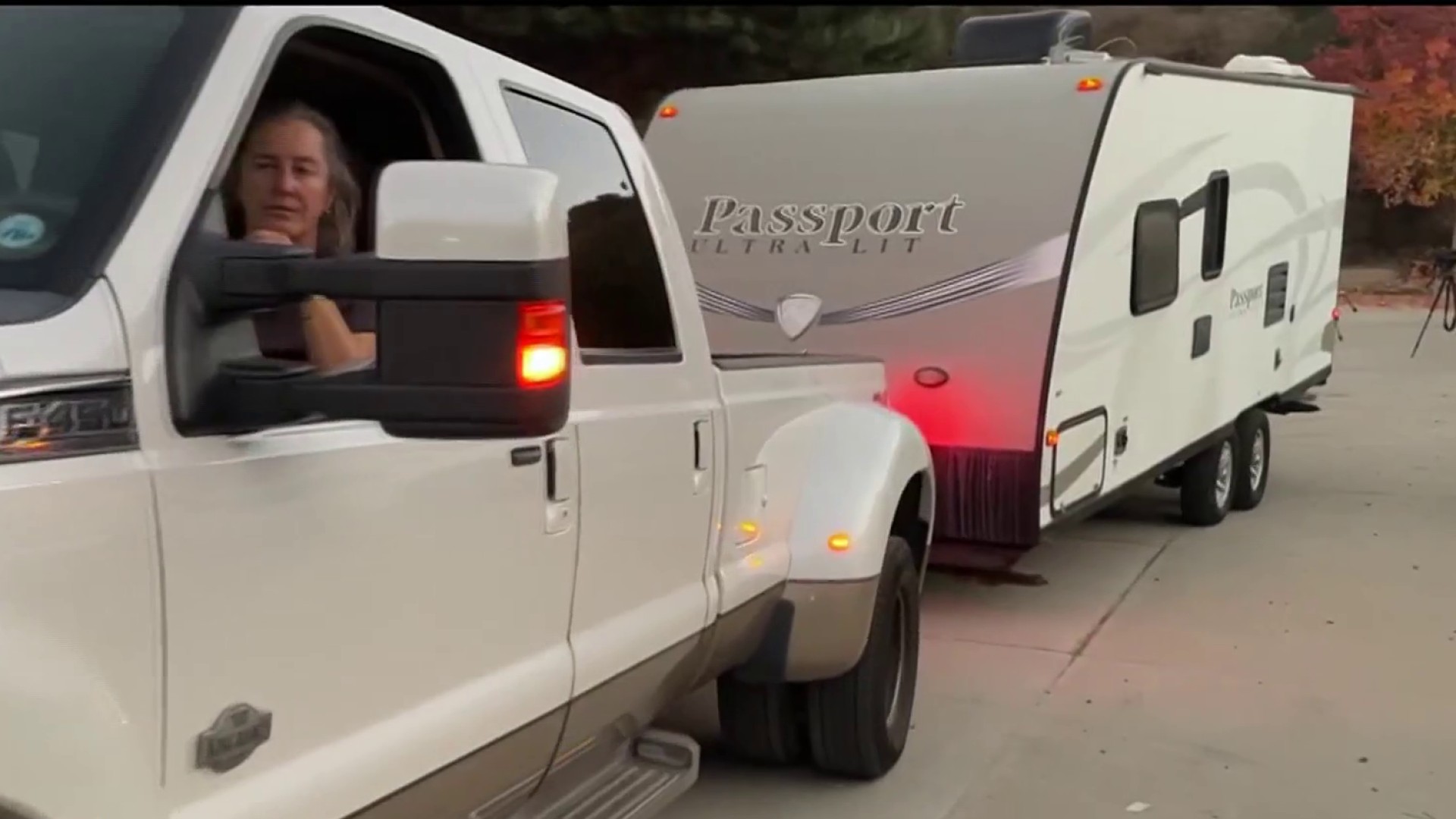Travel nurses are in high demand. With hospitals already pushed to their limits, they need additional staff who can handle the job and help them navigate the patient load.
When the pandemic broke out, Aaron Poindexter decided to swap out his job as a nurse at a San Diego hospital for a travel nurse position. The job isn’t an easy one, needing him to move every 13 weeks to a new area struck hard by COVID-19.
“It’s been a war zone,” Poindexter says. “That’s the best way I can put it.”
What Poindexter is facing is unique to his current line of work.
Many nurses around the country are encountering COVID-19 in their home area, run down by the relentless grind at attempting to keep COVID-19 manageable at their hospital. Poindexter is experiencing COVID-19 from scratch every few months or so when he travels to a new hard-hit area for work.
“I don’t know what I’m walking into,” Poindexter says. “It’s all unknown, you know. You’re leaving your comfort zone, your own hospital system, the people you know, the workflow you know, how to maneuver that system, and you’re a completely new area with you’ve never met before.”
Poindexter’s first assignment took him all the way to Washington D.C., and now he’s in Boston, Massachusetts. Sometimes he’s working 60 hours a week and says the toll can be unbearable, witnessing firsthand that he’s the last person some will ever see again and how impersonal it can be given the additional safety precautions they’ve had to assume due to COVID-19.
Local
“To be the only one that they’re going to see before they pass and even then you’re only wearing a shield, a gown so they never get to see an individual,” Poindexter says.
Aya Healthcare, a San Diego-based agency that helps with staff placement for travel nurses, says the demand for ICU travel nurses is through the roof. They say interest is up 143% for ICU nurses in comparison to this time last year, saying hospitals need additional staffing.
Poindexter says he’s been requested for hot spots spanning the country including areas in Northern California, Florida, and New York.
Despite the stress, Poindexter says he’s making 3 to 4 times the amount of money he’d be making pre-pandemic. He’s applying what he’s learned at previous hospitals battling COVID-19 and applying to his new places of work, hoping he might just hold the key to helping a hospital better handle their COVID-19 surge.
“Lend my experience and skills to their team and to help their patients do better and have better outcomes,” Poindexter says.
Poindexter plans to return to school and is currently interviewing but hopes to continue his work as a travel nurse in the meantime.



